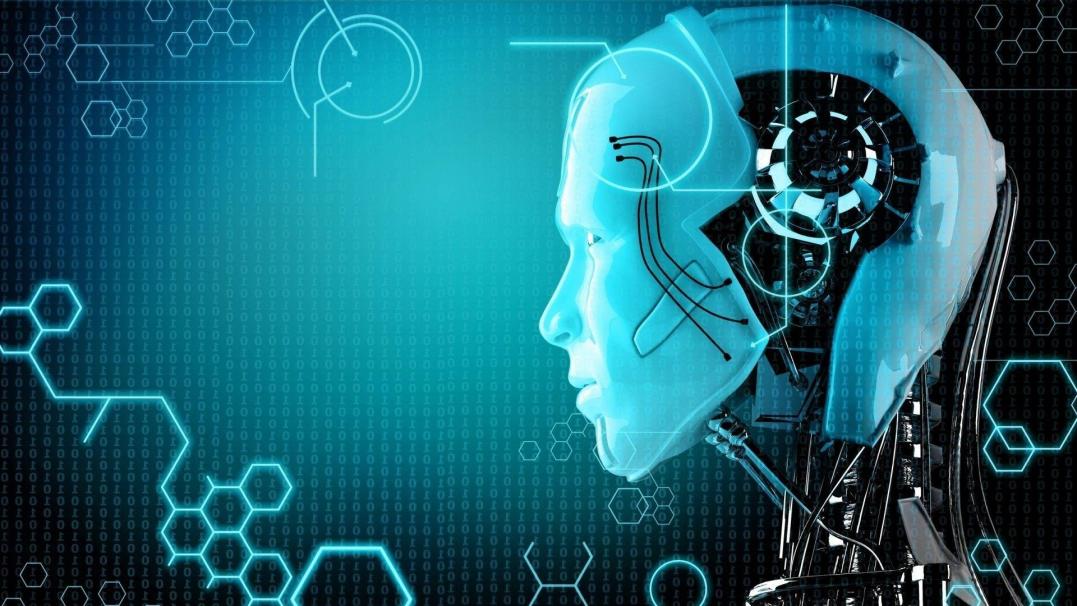How Will Artificial Intelligence Impact the Job Market in the Next Decade?
As artificial intelligence (AI) continues to advance at an unprecedented pace, its impact on the job market is becoming increasingly apparent. This article delves into the potential consequences of AI on various industries, job displacement and creation, the skills and education required to thrive in the AI-driven job market, and the role of policymakers in shaping this transformation.

I. Impact Of AI On Different Industries
1. Manufacturing:
- Automation and robotics will lead to increased efficiency and productivity.
- Jobs involving repetitive manual tasks are at high risk of automation.
2. Healthcare:
- AI-powered diagnostics and treatment systems will improve patient care.
- AI will assist in drug discovery and personalized medicine.
3. Transportation:
- Self-driving vehicles will revolutionize transportation and logistics.
- AI will optimize traffic flow and reduce accidents.
4. Retail:
- AI will provide personalized shopping experiences and enhance supply chain management.
- Automated customer service and checkout systems will become more prevalent.
5. Finance:
- Algorithmic trading and risk assessment systems will drive financial markets.
- AI will assist in fraud detection and credit scoring.
II. Job Displacement And Creation
1. Job Displacement Caused By AI:
- Jobs involving routine and predictable tasks are most vulnerable to automation.
- Low-skilled workers and those in manufacturing, transportation, and retail are at higher risk.
2. New Job Opportunities Created By AI:
- AI engineering, data science, and machine learning are emerging fields with high demand.
- Skilled workers are needed to implement and maintain AI systems.
III. Skills And Education
- Technical skills such as programming, data analysis, and AI algorithms are essential.
- Soft skills like creativity, problem-solving, and adaptability are equally important.
- Education and training programs must adapt to prepare individuals for AI-related jobs.
- Collaboration between academia and industry is crucial for developing relevant curricula.
IV. Policy And Regulation
- Governments must support workers displaced by AI through retraining programs and social safety nets.
- Regulations are needed to ensure ethical and responsible use of AI.
- Initiatives to promote AI literacy and awareness are essential for a smooth transition.
V. Conclusion
The impact of AI on the job market is a complex and multifaceted issue. While AI has the potential to displace certain jobs, it also creates new opportunities. Preparing for this transformation requires a comprehensive approach involving education, policy, and industry collaboration. Embracing lifelong learning and adapting to the changing demands of the workforce will be key to thriving in the AI-driven job market.
YesNo

Leave a Reply